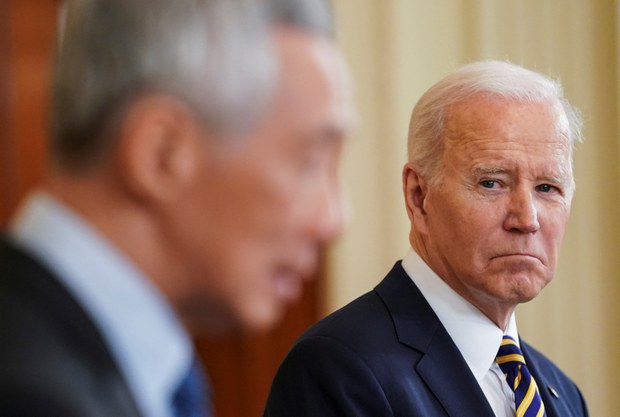Disclaimer: Opinions expressed below belong solely to the author.
Singapore’s Nanyang Technological University clinched no. 1 spot in five subjects in the latest global university rankings published annually by US News — notably all of them being of immense importance to global innovation. Those subjects are:
- 1. Condensed Matter Physics
- 1. Energy and Fuels
- 1. Materials Science
- 1. Nanoscience & Nanotechnology
- 1. Physical Chemistry
In addition it also made it to Top10 in seven additional subjects, including no. 2 in Artificial Intelligence — for the first time included in the ranking this year:
- 2. Artificial Intelligence (New Subject)
- 2. Electrical and Electronic Engineering
- 2. Engineering
- 3. Chemistry
- 6. Chemical Engineering
- 6. Computer Science
- 10. Optics
Overall it came in 30th in the world, trailing NUS at 26th (though boasting a larger number of top spots in specific domains). General rankings have less value, though, than how a school is rated in each topic, since that is what students select in the end.
It’s worth noting that NUS took 3rd place in Engineering and Electrical and Electronic Engineering – putting tiny Singapore’s two schools among the Top3 best in the world. In addition to subjects taught at NTU (that NUS also ranked in Top10 for), NUS came in high for Polymer Science (4th), Pharmacology and Toxicology (6th) and Physical Chemistry (10th).
Strategic role of education in Singapore
It’s encouraging to see both of Singapore’s top schools ranking high in cutting-edge, hard-skill heavy areas that humanity is dependent on for innovation — and the city-state itself for survival as it needs to keep attracting foreign investment with superior human capital.
Not only are NTU and NUS able to produce top tier experts in their fields out of the local student population but their very high positions should keep attracting foreign talent that is necessary for Singapore to keep its edge ahead of global competition (which typically enjoys a much larger domestic pool of candidates).
It is even more fortunate given the growing competition between China and the US, and the balancing role that the city-state can play in these tense relations.
Image Credit: Reuters
It can strengthen its role bridge between the world’s two largest economies (particularly in the face of Hong Kong’s demise) at a time when foreign capital is seeking greater diversification of investment in Asia, weaning itself off high dependence on China (but not willing to abandon it entirely).
 Taiwan Semiconductor Manufacturing Company remains the leading global semiconductor foundry but political tensions are forcing foreign investors to hedge against an increasingly likely cross-straits conflict with Beijing / Image Credit: I-Hwa Cheng/Bloomberg
Taiwan Semiconductor Manufacturing Company remains the leading global semiconductor foundry but political tensions are forcing foreign investors to hedge against an increasingly likely cross-straits conflict with Beijing / Image Credit: I-Hwa Cheng/Bloomberg
With Taiwan in the crosshairs of Beijing, Singapore may also further expand its role as a semiconductor manufacturing hub.
Despite being just a tiny city-state it already accounts for 11 per cent of global semiconductor market – a share that can only grow given the geopolitical circumstances, cultural proximity of its Chinese-majority population and globally recognized expertise of local universities.
There’s no need to eye Harvard or MIT anymore – at least not when it comes to innovative engineering. It’s now time for the world to try to get into NTU (and NUS) for the best opportunities on the bleeding edge of technology.
Source by vulcanpost.com





























